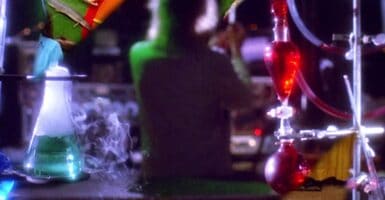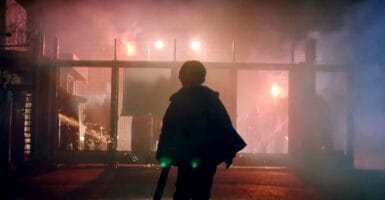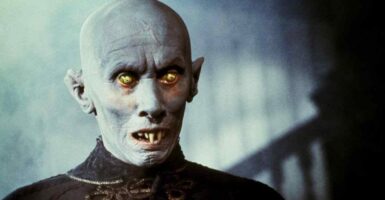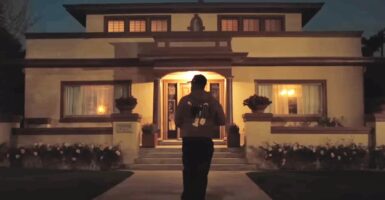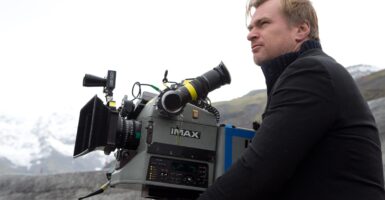Actors You Probably Didn’t Know Were Stand-Up Comedians First
Stand-up comedians are some of the most skilled live performers working today, and it’s no secret that many of them transition into acting. Big name stars like Tim Allen, Robin Williams, and Jerry Seinfeld all famously rose to fame first as comics. But many people who are currently well known as actors actually spent time behind the microphone at a comedy club.
Here’s our list of some actors you probably didn’t know were stand-up comedians first.
Steve Buscemi
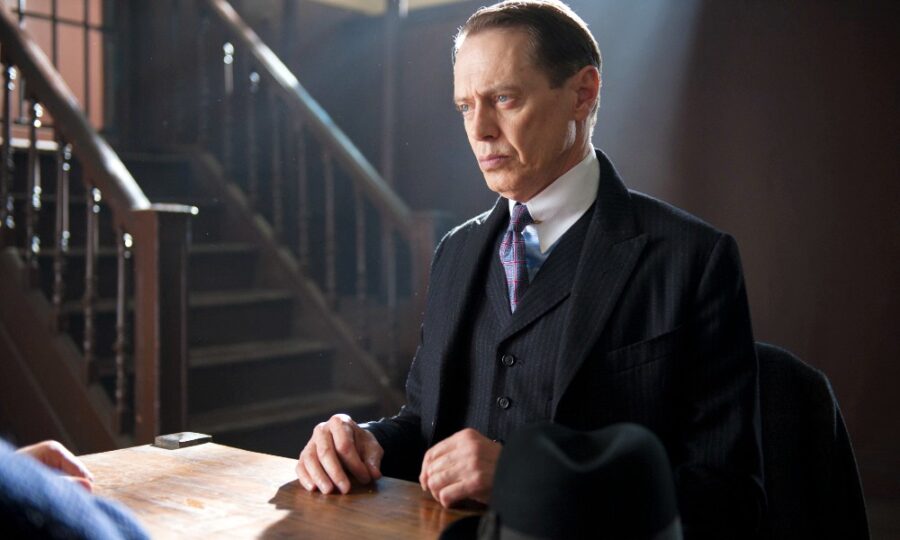
The star of Reservoir Dogs, Fargo, The Big Lebowski, and many more did stand-up briefly in the 1970s. At the time, he had heard that stand-up comedians could sometimes be spotted by agents and transition into having their own sitcoms, which he thought would be a good way to break into acting.
For reasons that baffle him today, he ended up passing auditions at The Improv, where he performed alongside Jerry Seinfeld and Gilbert Gottfried and was introduced by the evening’s emcee, Larry David.
His comedy consisted primarily of self-deprecating humor regarding his scrawny frame and even featured a gag where he took his shirt off and did muscle poses, which got a laugh. But his attempt at stand-up comedy didn’t last long, and soon he began working as a firefighter.
Tom Hanks
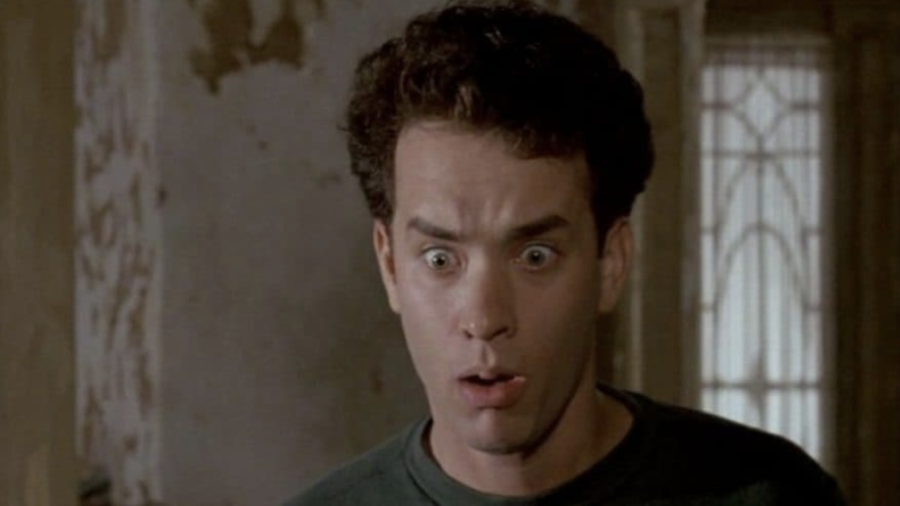
Now known for a wide variety of acting roles, from Toy Story to Bridge of Spies to Bosom Buddies, Tom Hanks has run the full gamut of comedy, drama, and tragedy. But in 1987, he was preparing for a film in which he was to play a stand-up comic. Punchline, in which he co-starred with Sally Field, was not a great commercial success, but told the story of two people who forged a friendship while trying to make it in the world of comedy.
To learn about what being a stand-up comedian is like, Hanks spent some time writing original material and performing at clubs like The Comedy Store. Scant clips of his performances can be seen online, But Hanks recalls that he was deeply embarrassed, “sweating like a pig,” and performing material that he says had no theme. Needless to say, he did not discover a second calling.
Ron Perlman
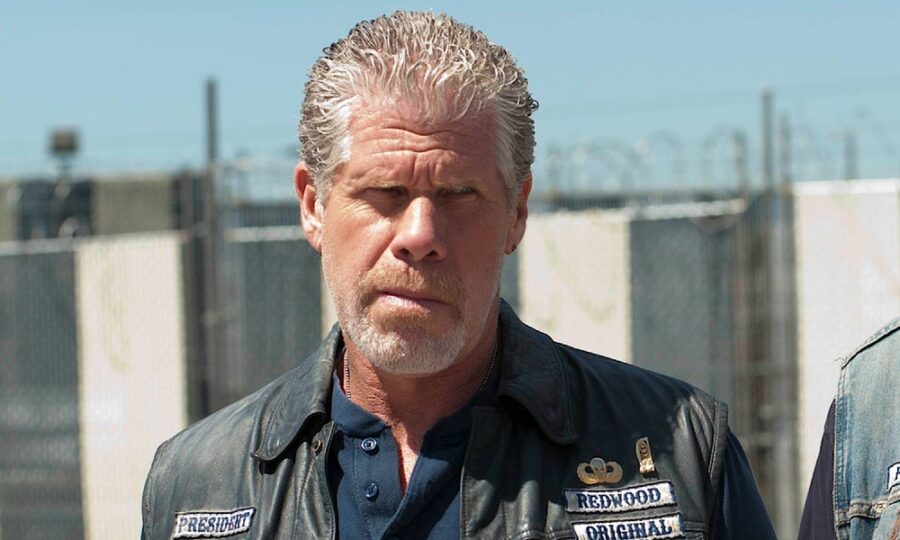
Known now for his work in Hellboy, Beauty and the Beast, Sons of Anarchy, and much more, Ron Perlman does have a wicked sense of humor. But when he was in high school, teaming up with a buddy to do stand-up comedy, he and his friend discovered they were hopeless at writing material, but very good at stealing it. Pearlman’s two favorite comics at the time were George Carlin and Henny Youngman, a diverse pair that worked in his favor.
When he and his friend performed as the comedy duo Stewart and Perry, they would do Carlin’s material when they played retirement homes, leaving the audience thinking they were brilliant and fresh. They would then perform the elder Youngman’s material at discotheques, leaving the younger audiences thinking they were hearing original material. But an incident when the pair decided to heckle back and some hecklers in the audience at one venue left them running for the back door from a crowd intent on doing them harm, thus ending their stand-up career.
Michael Keaton
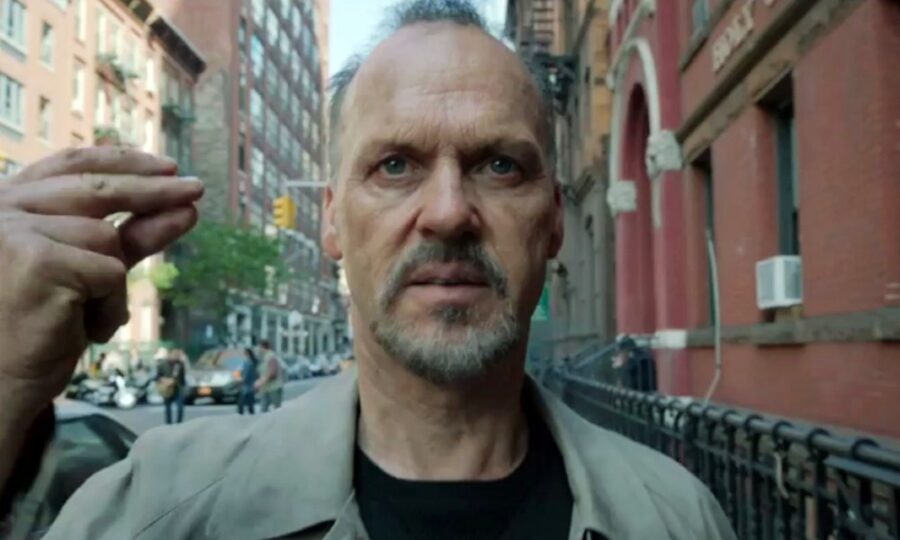
Now known for a wide variety of comedy, drama, and comic book films including Batman, Clean and Sober, Mr. Mom, and Beetlejuice, Keaton tried his hand at stand up in the earliest days of his acting career. As a young man, he would perform at many small venues, sometimes playing to tiny crowds, with no introduction, or without a microphone. Though he had worked quite a bit on his material, at some point, he decided to follow in the footsteps of Steve Martin and begin to use props in his act.
Trying to play the wacky guy, Keaton did not fare well with prop work, describing the embarrassment of dying on stage as a prop-based stand-up comic. Not only did he have to deal with the fact that the audience wasn’t laughing, but he had to spend time after the performance picking up his props from the stage while the silent audience watched. These challenges were enough to keep Keaton out of stand-up comedy, though he admits he sometimes still misses it.
Bob Odenkirk
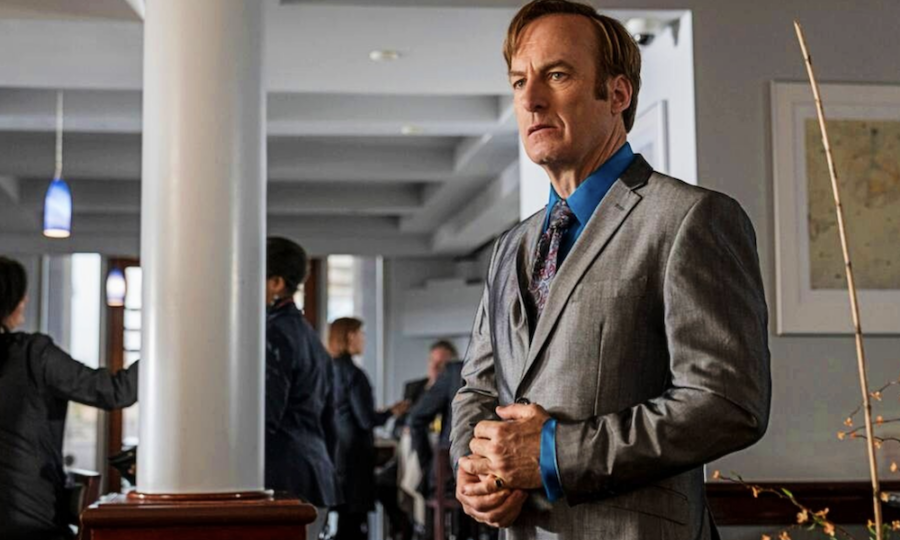
Now known for his leading role in Better Call Saul, playing the character he originated on the Emmy Award-winning classic Breaking Bad, Odenkirk is one of the more successful stand-up comedians on this list. In the late 1990s, he was seen on Comedy Central’s A List, HBO’s The Mr. Show with David Cross, and Late Night with Conan O’Brien on NBC. Despite this level of exposure, Odenkirk freely admits that stand-up comedy was not his strong suit.
Though he still works in sketch comedy of the kind he performed on The Mr. Show today, stand up never quite clicked for Odenkirk the way he hoped it would. Even still, he spent several years writing for Saturday Night Live, where he worked with Chris Farley, whom he had met while performing in Chicago’s Second City Theater.
The pair were responsible for Farley’s motivational speaker character and Odenkirk wrote for many famous names on the show, but the material he wrote for his own stand-up comedy never quite took off.
Emma Thompson
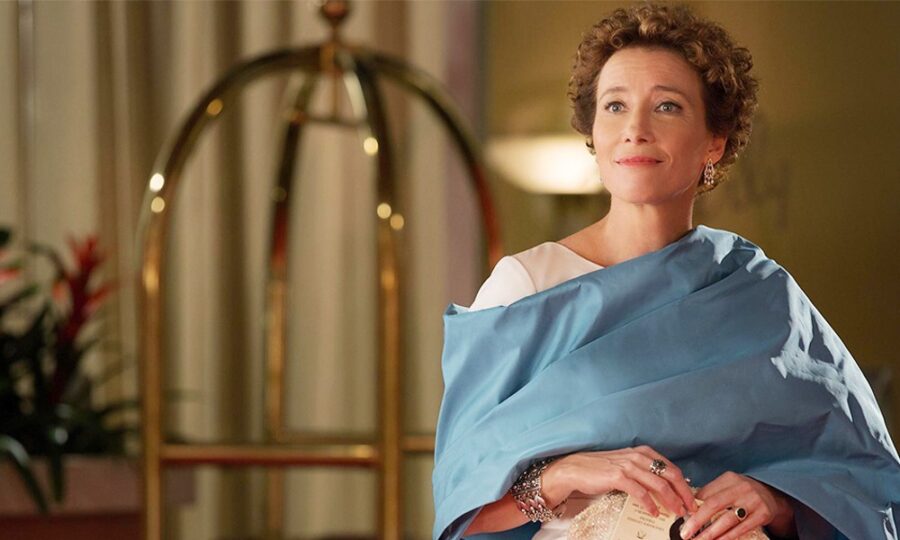
Emma Thompson is now known for roles ranging from Shakespeare to fantasy, from The Remains of the Day to Nanny McPhee, work for which she has earned multiple awards, including an Order of the British Empire. In her teen years, however, Emma Thompson wanted to be a stand-up comedian when she grew up, admiring such stars as Lily Tomlin, Jane Wagner, Bea Lillie, and Elaine May.
During her years as a Cambridge University student, Thompson was a member of the Footlights Troop, where she wrote her first monologue at age 20.
But stand-up comedy was intensely anxiety-inducing for Thompson, who pictured Jerry from the Tom and Jerry cartoons sawing out a circle around her on the stage and only stopping when the audience laughed, but otherwise letting her fall through. She mostly performed at political rallies, where she rarely got paid and at times failed so badly on stage that the fear and self-criticism lasted for weeks afterward. Eventually, though she did continue a successful career in comedy writing, she decided that stand up was not for her and that if she didn’t want to have a heart attack, she’d better stop.
